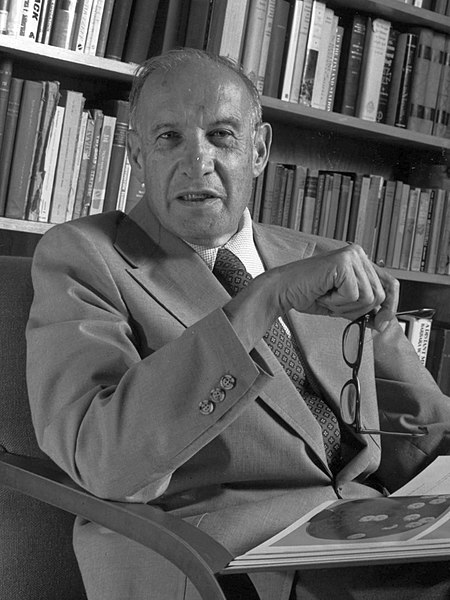Post-capitalism is a hypothetical state in which the sociological, economic, and political systems of the world require a regulatory process for systemwide Environmental/Climate Justice. This would entail making Sustainability/Climate Change a number one political ideology. When both the sociological and ecological environments are prioritized over the economic and political spheres for a concurrent [global] society it can be construed as Post-Capitalism. What is actually Sustainable Post-Capitalism is the regulatory teleological directive [Degrowth] that enables a global society to develop without exacerbating climate change, economic debt or other negative sociological consequences such as increasing income disparity/oppression that can be associated with 'Green' Capitalism, Gentrification and a polarized Neo-political climate. To create logistical autonomy between the global north and global south can be construed as sustainable Post-Capital societal development.

In 1993, Peter Drucker outlined a possible evolution of capitalistic society in his book Post-Capitalist Society.
Robert Heinlein
Paul Mason
Michael Albert
Anti-capitalism is a political ideology and movement encompassing a variety of attitudes and ideas that oppose capitalism. In this sense, anti-capitalists are those who wish to replace capitalism with another type of economic system, such as socialism or communism.
The "Pyramid of Capitalist System" cartoon made by the Industrial Workers of the World (1911) is an example of a socialist critique of capitalism and of social stratification.
Karl Marx, considered by many as one of the founding fathers of anti-capitalist thought
Emma Goldman famously denounced wage slavery by saying: "The only difference is that you are hired slaves instead of block slaves."
Capital: Critique of Political Economy, by Karl Marx, is a critical analysis of political economy, meant to reveal the economic laws of the capitalist mode of production.








